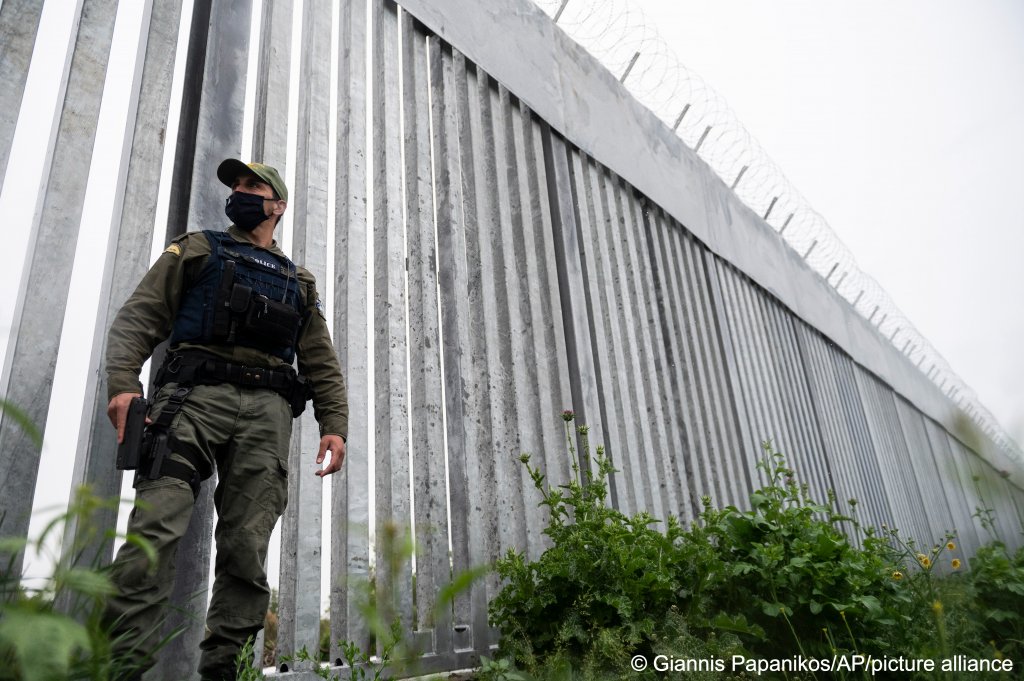The Greek government is planning to proceed with the expansion of a fence by 35 kilometers along its northern border with Turkey to deter refugees, Greek media outlets reported.
Greece has already built a 40-kilometer (25 mile) fence near the Evros River on the border with Turkey to prevent illegal migrants from entering the country, and a decision to extend the fence along the entire border with Turkey was reached last August.
Greece’s Citizen Protection Minister Takis Theodorikakos said in an interview with Skai TV on Saturday that a study on the first immediate extension of the fence by a further 35 kilometers has been completed by his ministry and the Ministry of Defense and is currently pending approval from the Ministry of Finance.
The 35-kilometer extension of the fence is estimated to have a cost of $108 million.
Theodorikakos said once the approval has been granted by the Ministry of Finance, the project will move forward quickly.
The fence, initially installed in 2012, was last extended in 2021, a year after tens of thousands of asylum seekers tried to cross into the European Union through Greece’s northern border, when Turkey said it would no longer prevent them from doing so.
Historic rivals while also NATO allies, Greece and Turkey have been at odds over a range of issues, including migration and energy resources in recent years.
Greece was the frontline of Europe’s migration crisis in 2015 and 2016 when a million refugees fleeing war and poverty from Syria, Iraq and Afghanistan arrived, mainly via Turkey.
The Greek minister also announced, citing official data, during the interview that 250,000 illegal migrants were prevented from entering Greece through the Evros border in 2022.
Greece is repeatedly accused of illegally turning migrants back to Turkey at Evros and in the Aegean Sea, accusations which Athens denies.

